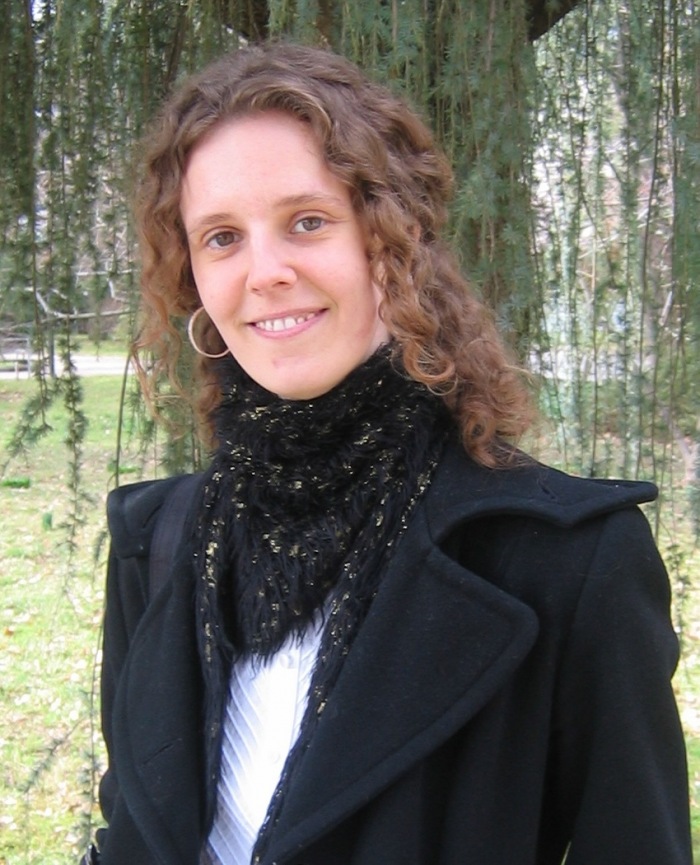Wagner, Jenny [1]
Dr. Jenny Wagner, Astrophysicist

jenny_wagner.jpg [2]
Jenny Wagner (*1984) completed a degree in physics, mathematics and computer science at Heidelberg University from 2003 to 2008. A research internship at CERN led to her diploma thesis on "Data Compression for the ALICE Detector". She completed her interdisciplinary doctoral studies in collaboration with the German Cancer Research Center (DKFZ) in 2011 with a doctoral thesis on "Quality Control using Image Processing in Peptide Chip Array Production."
After further positions as a research assistant at the Physical Chemistry Institute of the University of Heidelberg and at the University Hospital Ulm, she took up a position in 2014 funded by the German Research Foundation for her own research project in astrophysics. Since then, she has been conducting research as a visiting scientist at the Helsinki Institute of Physics at the University of Helsinki and at the Academia Sinica Institute of Astronomy and Astrophysics in Taipei.
Her work deals with the influence of models on the interpretation of astrophysical data. Among other things, she shows that the existence and distribution of so-called dark matter is strongly model-driven. For her work on the influence of models in strong gravitational lensing, she was honored in 2020 with the "Prize for Courageous Science" from the Ministry of Science, Research and Arts of the state of Baden-Württemberg.
From 2012 to 2024, she was (co-)editor of the textbook "Physics for Scientists and Engineers" by P. Tipler and G. Mosca at Springer-Spektrum Verlag. She is also active in science communication via the YouTube channel "Big Bang, Universe and Life” and through public lectures on topics in astrophysics and cosmology.
Website: https://thegravitygrinch.blogspot.com [3]
Wikipedia: https://en.wikipedia.org/wiki/Jenny_Wagner [4]
